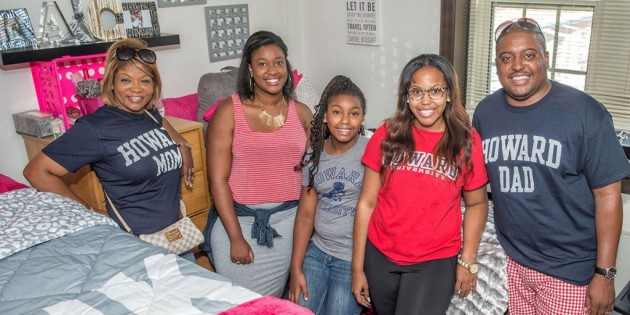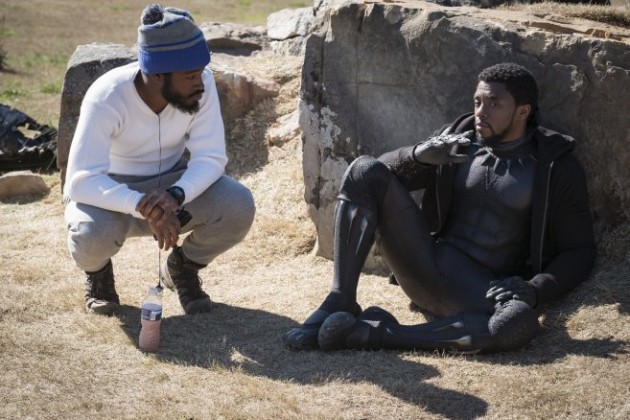Pope Benedict XVI, the universal shepherd of the more than one billion Catholics all over the world, made his maiden visit to the United States of America from April 15 to 20, 2008. He was greeted on his arrival on April 15 at about 5:30 p.m. at the Andrews Air Force Base in Washington, D.C., by secular and ecclesial dignitaries including President George W. Bush; First Lady Laura Bush; the apostolic Nuncio for the United States, Archbishop Pietro Sambi; and the Archbishop of Washington, the Most Rev. Donald W. Wuerl.His itinerary for Wednesday, April 16, included a visit to the White House for his 81st birthday celebration; later, about noon, he rode in his Pope Mobile in a motorcade through parts of D.C. neighborhoods. He had a private Prayer Service and meeting in the evening with about 350 Bishops at the Basilica of the National Shrine of the Immaculate Conception.The pope celebrated his first public Mass in the United States on Thursday morning, April 17, where more than 46,000 worshipers cheered and clapped, and some were in tears as he rode through the National Park in his Pope Mobile. The Mass began at 10 a.m. and lasted for about two hours.What does the papal visit mean? Much like Christmas, it is easy to blur the meaning with material preparation, the glitz and commoditization. I must admit that the aesthetical transformation of the National Shrine of the Immaculate Conception, with reconstructions, new gold and white flowers, banners and trees, lifted my spirits each time I drove past it to and from school at Howard University. However, that is not the essence of the pope’s visit, just an icing on the cake.The Shrine Gift Shop and other Catholic gift shops were packed with memorabilia of the Holy Father, from key chains to rosaries, to shirts for your Teddy bear, to the Pope Soap-on-a-Rope. The hotels and airlines increased their normal rates for the season to make extra profit from the thousands of people who flocked the D.C. area to see the pope. The Archdiocese of Washington spent millions of dollars in preparations for the Holy Father’s coming; these are good as long as the message of his visit is not drowned by all the peripheral festivities.Benedict XVI is as human as anyone else. Like most people, he celebrates his birthday. He also has a cat and plays piano; his favorite soft drink is Fanta Orange. But unlike anyone else, he is the Successor of St. Peter and therefore, Jesus Christ’s representative on earth. As I contemplated his visit, I recalled Jesus’ visits to towns and villages and how he attended to the ailments and concerns of each community. He cured the sick, restored sight to the blind, healed the woman with hemorrhage, rebuked those who turned a place of worship into a market square, admonished the hypocrites, dined with “sinners” and tax collectors, delivered his message without fear or favor. I was expectant to hear the pope’s message for the United States. As I awaited his homily at the National Park, I pondered the issues that have dominated both the ecclesial and secular discourses in the United States in recent times. Among the ecclesial would be the priest sex abuse scandal; the future of Catholic education, which continues to look bleak judging from the mass closure of parochial schools across the country; the dearth of priests and the dwindling vocations to the priestly and religious life; the question of women ordination; the relationship between Catholics and people of other faiths; and the Church’s views on homosexuality. Also, I contemplated the state of the American society with regards to the issue of race and racism, an issue that is as old as the United States of America, but one which very few people are willing to discuss openly – with the exception of a few including Sen. Barrack Obama, D-Ill., who tackled the issue head on a few weeks ago. I also thought of the war that has claimed so many lives and that is allegedly driving the U.S. economy into recession; I thought of the issues of immigration, and the imminent presidential election.As I listened intently to the pope’s homily on this beautiful bright sunny day with no clouds in sight and a temperature of about 70 degrees, I admired the tenacity and courage he showed in addressing most of the issues that I have been mulling over. He condemned and abhorred the outrageous incident of the priests’ sex abuse scandal. “No words of mine,” the pope said, “could describe the pain and harm caused by such abuse” and he called it a “tragic situation.” The Pope insisted: “Our effort to protect children should continue.” And being a bearer of peace and reconciliation, he advised the faithful to forgive their priests: “Also I ask you to love your priests.”I was impressed by the Holy Father’s effort to refresh our memories and remind us of the history of our great country: “Americans,” the Pope said, “have always been a people of hope. … Your ancestors came to this country with the experience of finding new freedom and opportunity.” He was quick to add that “to be sure, this promise was not experienced by all the inhabitants of this land; one thinks of the injustices endured by the Native American peoples and by those brought here forcibly from Africa as slaves.”He urged the faithful – clergy, religious and laity – to bear witness to faith and charity and trust in the spirit’s power of conversion and practice the faith, including the sacrament of penance, which he insists “needs to be rediscovered.” Also, according to the pope, “the Church in America … should respond to the challenges raised by the materialistic culture.” On Catholic education, the Holy Father was of the view that “young people must discern the path that leads to true freedom and commitment to justice and peace.” He continued later in the day at the Catholic University of America where he addressed the Catholic Educators of America, saying that “Teachers and administrators, whether in universities or schools, have the duty and privilege to ensure that students receive instruction in Catholic doctrine and practice.”Checking my list, the pope did not address every single issue; however, he tackled most of them. What then are we to do with his message?On Sunday evening, April 20, after his visit to New York, Pope Benedict XVI will leave for the Vatican. He came; he delivered his message, the message of Christ. The question then becomes “Now, what?” What will his visit and message mean to the United States as a country and to the American Catholic Church? No one who encountered Jesus remained the same. The tax collector decided to pay fourfold of what he pilfered from people; the man born blind got converted.My question remains, what aspects of our government, the Church, our communities, or each individual’s life need to change and will change? It would be a shame if after spending several millions of dollars and sleepless nights preparing for the Pope, with every major media outlet covering the visit, and providing the best security and impeccable music … after all that, we remained untouched, remained the same.
Bellarmine A. Ezuma is a doctoral student in the Department of Mass Communications and Media Studies at Howard University. She is also a Catholic Nun in the order of the Daughters of Mary, Mother of Mercy.



